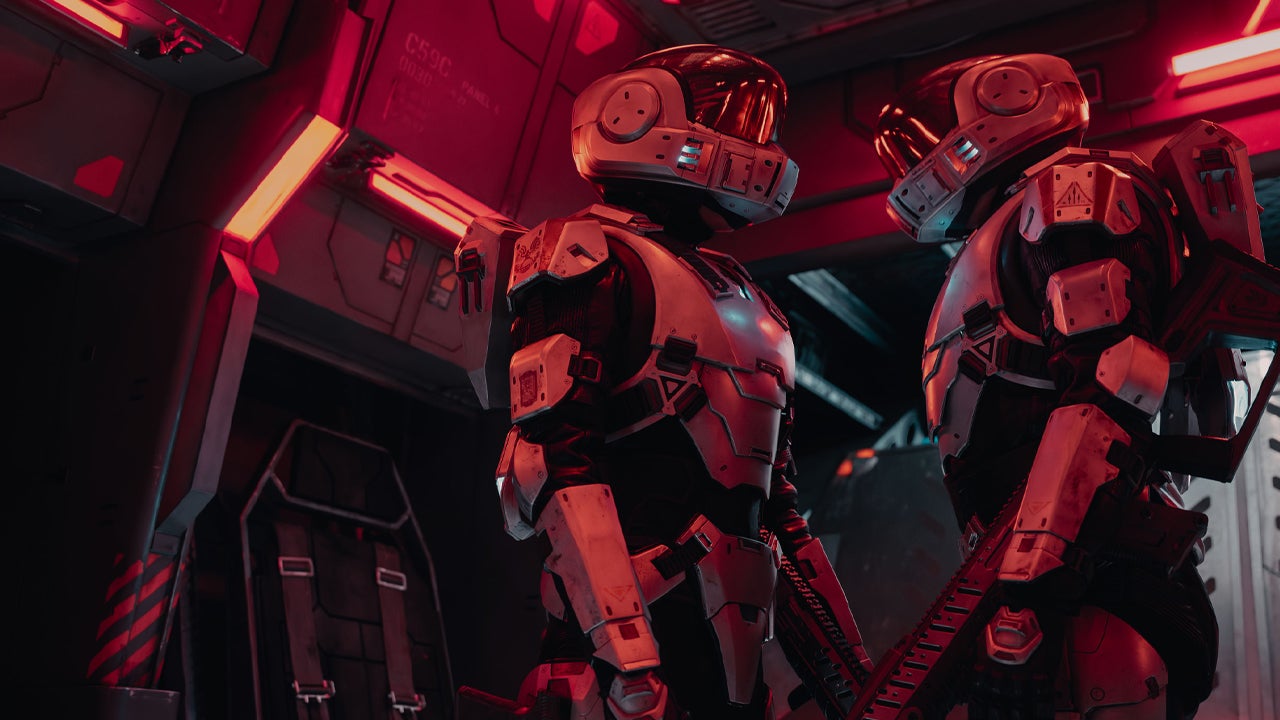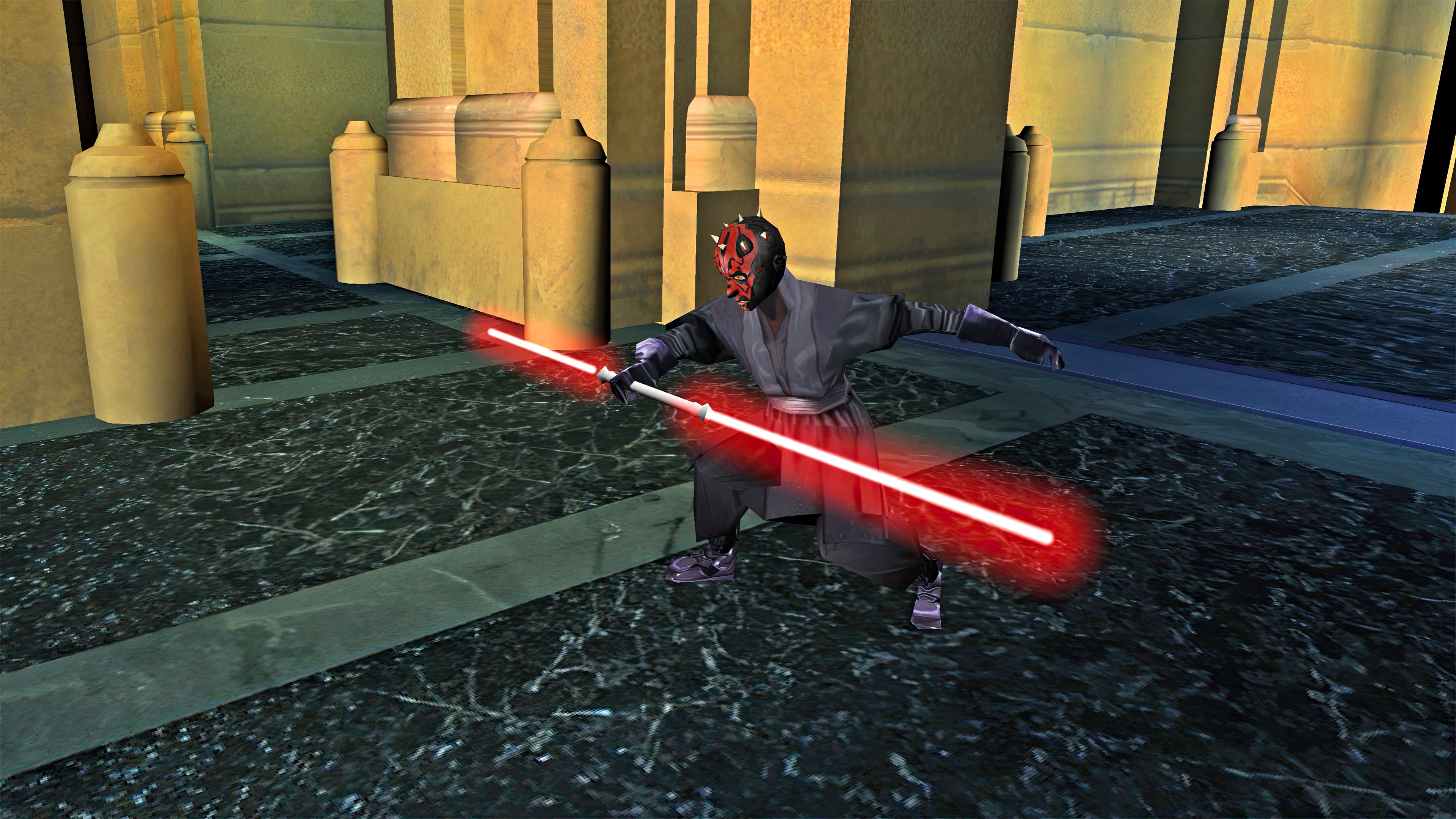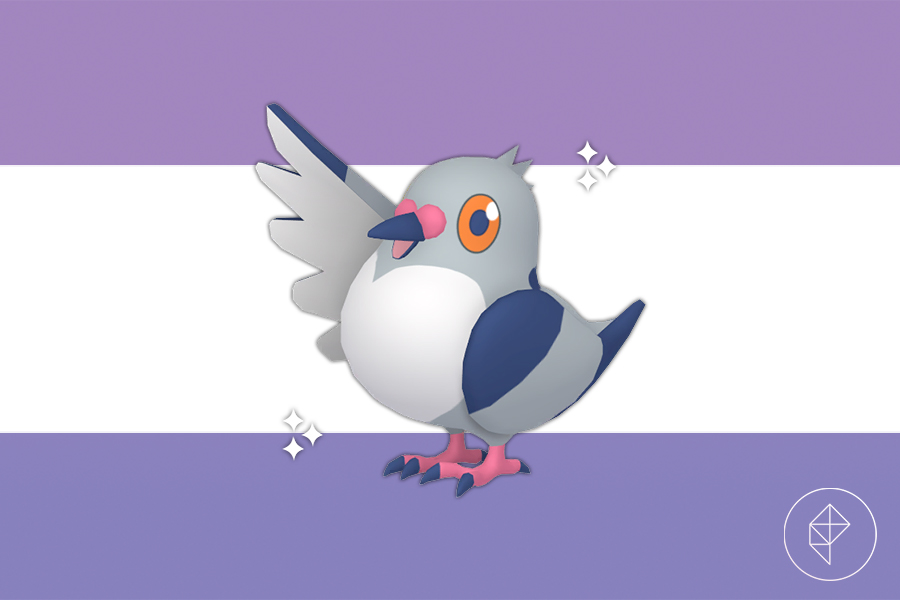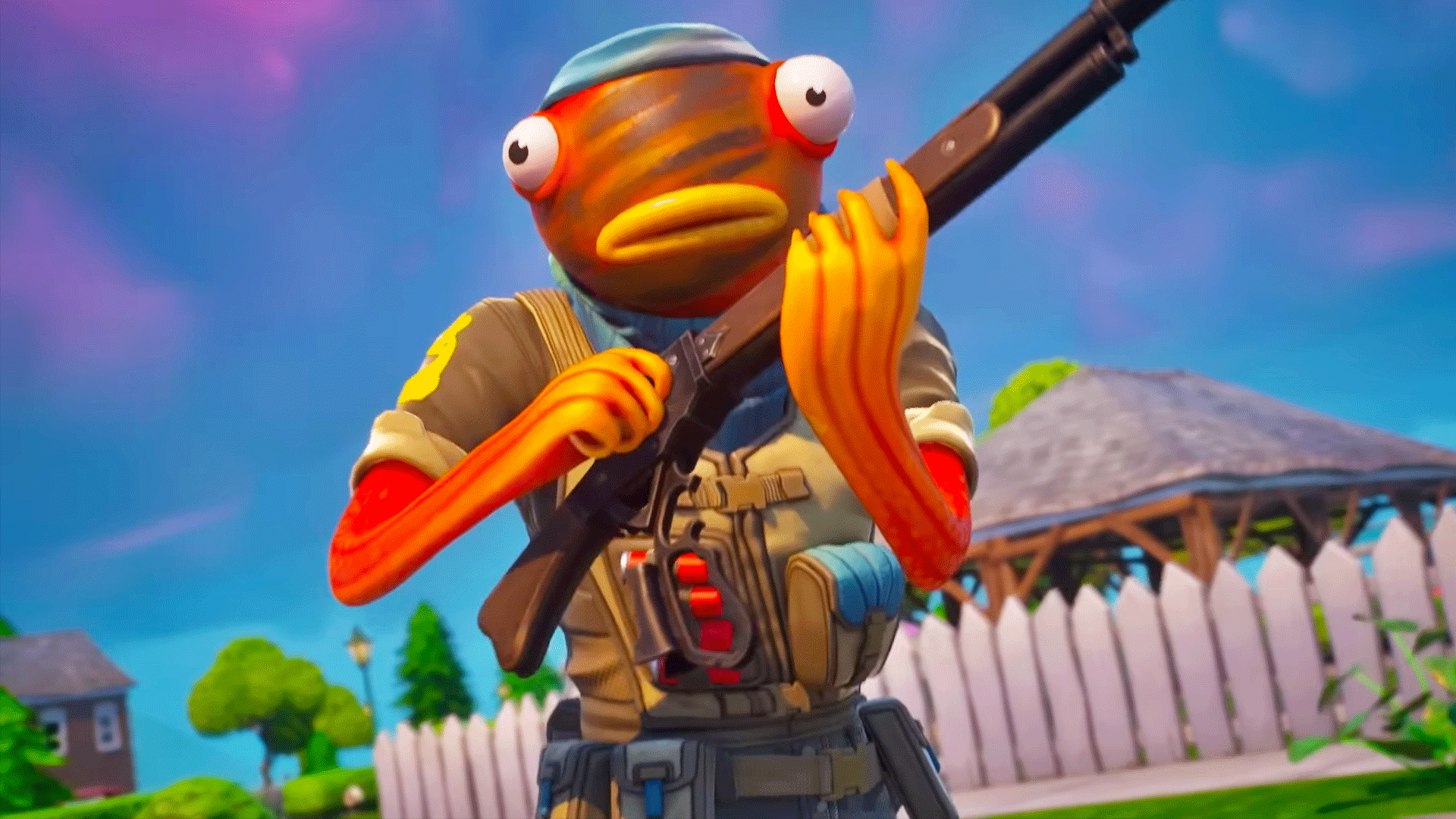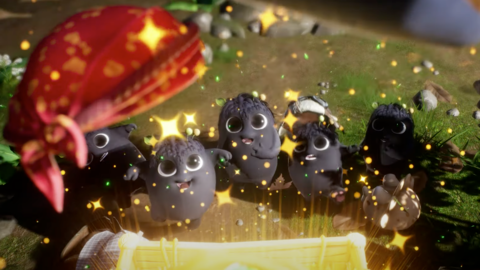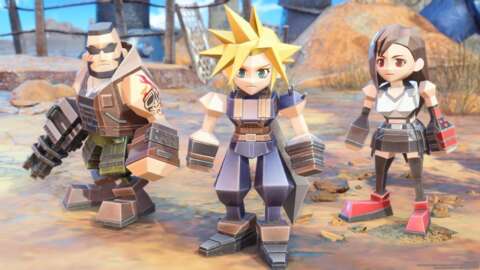For better and worse, Halo's second season further cements the Paramount+ show as its own animal, distinct from the mega-popular games that inspired it. Yet it never quite reaches the lofty goals it sets for itself. The adaptation has weathered creative upheavals, a lukewarm critical response, and a deluge of fan complaints, but one unconquered challenge remains: How will it get us to care? So far, it hasn't. Yes, Halo’s impressively communicated stakes and meticulously staged action are vital respites from the clumsy dynamics and stodgy politicking overwhelming its story. But it's difficult to ignore how flat it all feels.
Season 2's greatest asset is the fear it instills. Anxiety courses through every moment, enfeebling every move the Spartans make and imbuing every conflict with an electrifying “This could be it” sensation. Every character – save Master Chief – feels expendable, so fans disenchanted with the recycled back-and-forths between Chief and, well, everyone, may find their investment lies in a spirited round of Dead Spartan Bingo.
New showrunner David Wiener works this unease in early. Six months after the Spartans' assault on Raas Kkhotskha, a savage (and genuinely captivating) Covenant ambush signals a larger incursion. Master Chief (Pablo Schrieber) raises the alarm, but his pleas for vigilance fall on deaf ears. Admiral Parangosky (Shabana Azmi) and the UNSC higher-ups don't believe him, and the resulting chaos finally solidifies the Covenant as a worthy threat. (Season 1 didn't communicate their formidability nearly as well). A compelling subplot reuniting former Spartan Soren (Bokeem Woodbine) and renowned scientist Catherine Halsey (Natascha McElhone) needs more time to breathe, but, overall, there's plenty of potentially interesting plans and dynamics in play.
Unfortunately, it doesn't go anywhere. Sure, Wiener's streamlined storytelling calls for quicker and more brutal escalation. And yes, nearly every action sequence is well-shot, well-acted, and well-choreographed. But while Halo Season 2 frontloads its 8-episode run with stunning set pieces and a fair bit of carnage, it doesn’t hit hard enough because we don’t care about any of the people involved. The back half of the season is messier and more impersonal than the first. While the writing remains unpredictable, none of what transpires leaves much of an impression.
It's not for lack of trying. Character deaths abound this go-round, but few – if any – carry emotional weight. An extended funeral sequence halfway through the season fails to land because the character being mourned wasn't really a character. They were evidence in Master Chief's case against the UNSC, a fixture in the series who only mattered to the plot because the Chief insisted they mattered. But we never saw it, and because of that, the scene fizzles. It’s just one more thing keeping Season 2 from greatness.
Contrary to criticisms leveled at Halo, the cast was never the problem. Even perpetually displaced characters such as Kwan (Yerin Ha) and the Spartan Kai (Kate Kennedy) benefit from earnest performances that, with more to do, could easily have been standouts. Wiener has no idea what to do with Kwan, and it soon becomes clear that maybe the character was better off uniting Madrigal offscreen. Joseph Morgan's Ackerson remains a highlight, although he isn't quite as prominent as pre-release hype may have led us to believe. The work of integrating Morgan into the ongoing story is strong; he slips into the cast as effectively as Ackerson commandeers that UNSC defense meeting during his introduction. He's a magnetic presence who isn't given nearly enough to do, a frustrating waste that becomes especially clear in the last two episodes.
Halsey, on the other hand, remains the best-utilized character on the show, and it's not close. Wiener smartly keeps her as the axis for many important character dynamics, and much of the growth we see in her peers and colleagues happens as a direct result of her rigidity. McElhone grounds the character's detachment in a genius that's as isolating as it is important; it's easy to waffle between sympathy and loathing for her because she gives us more than enough fodder for each feeling.
